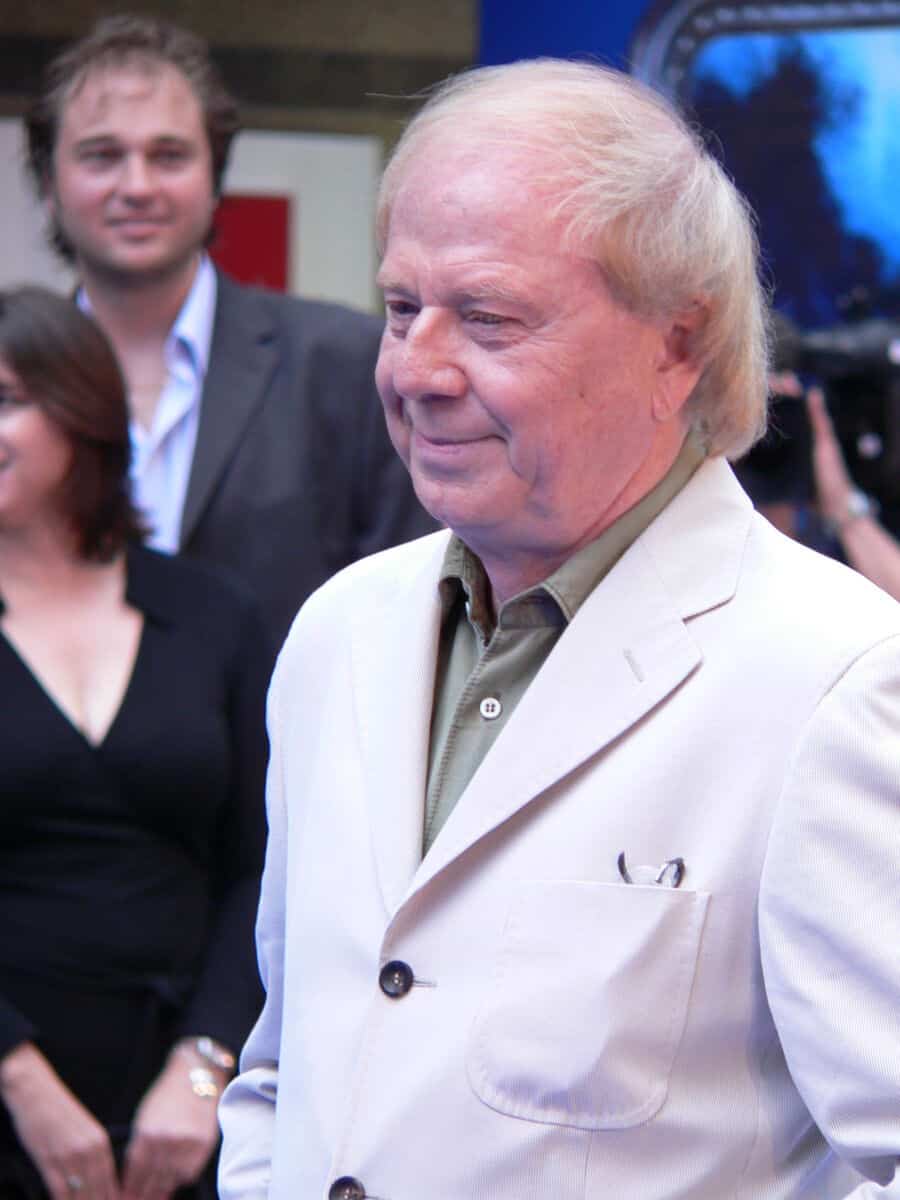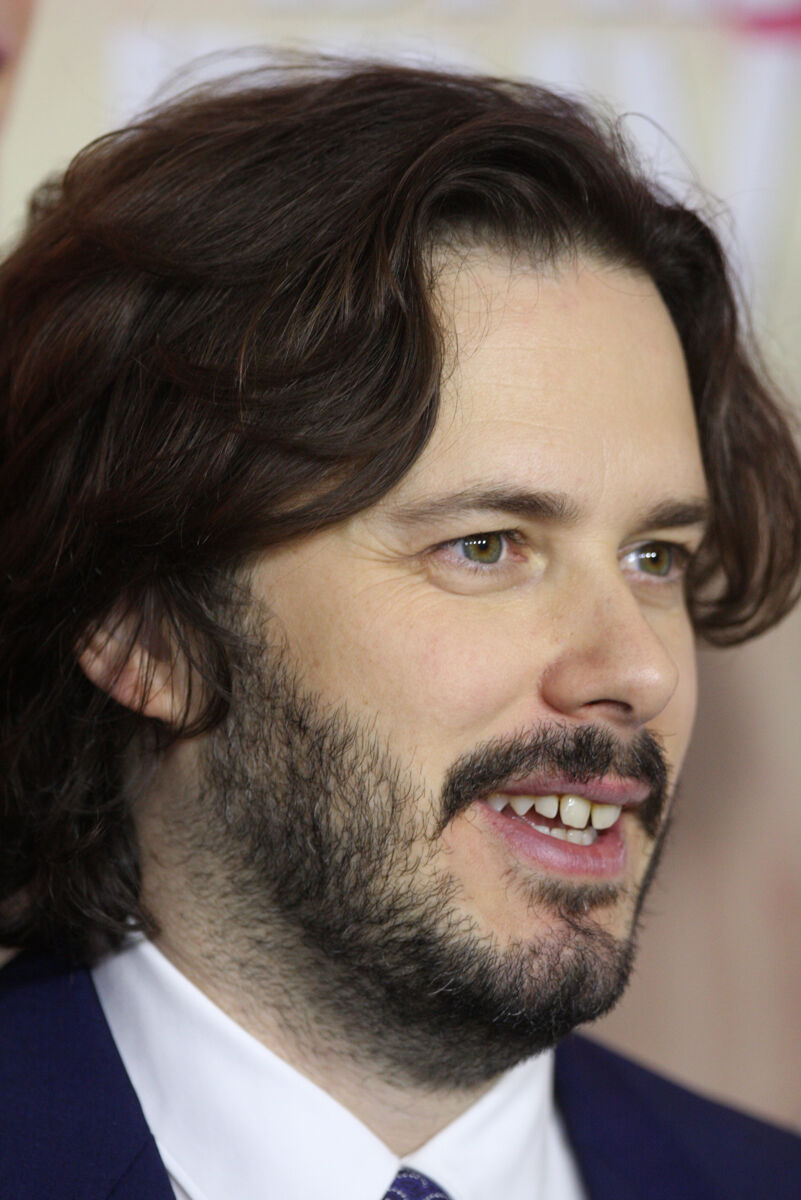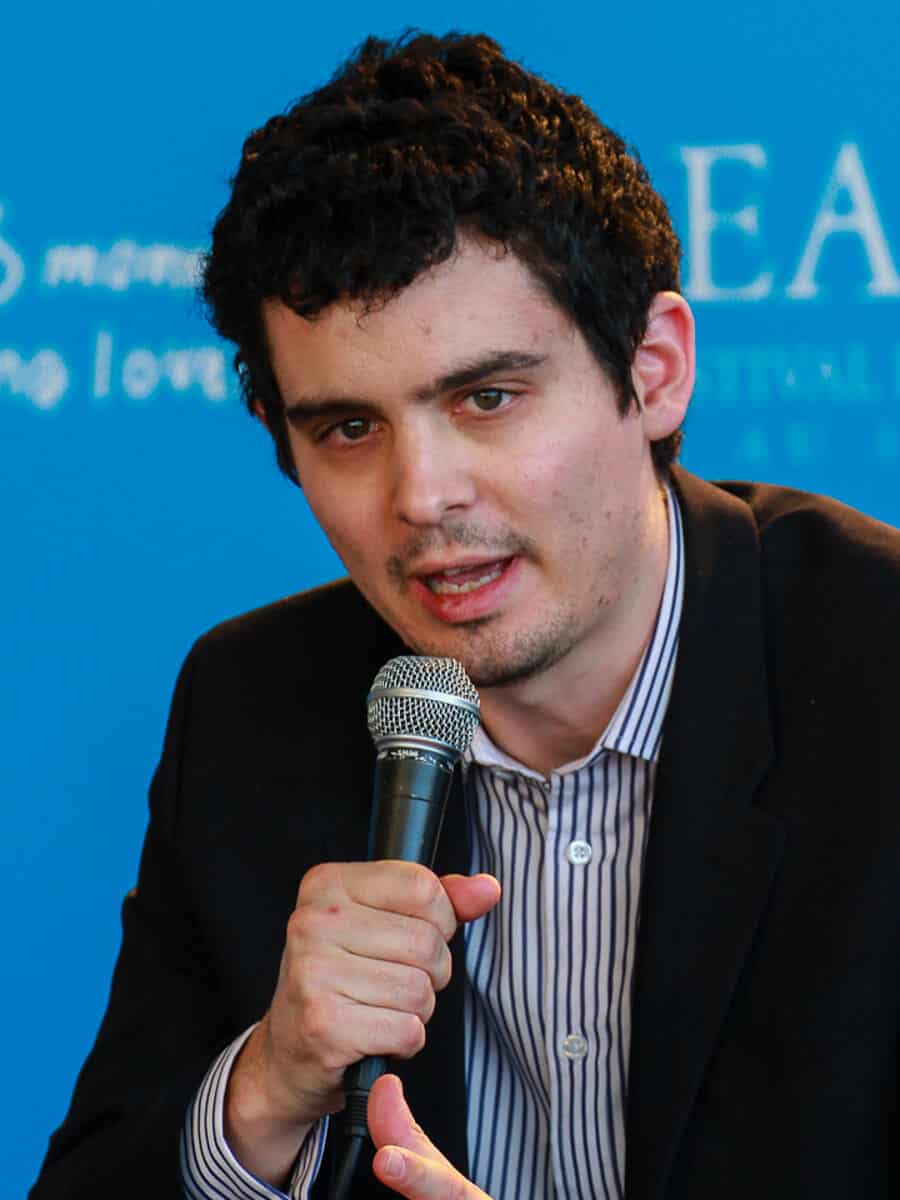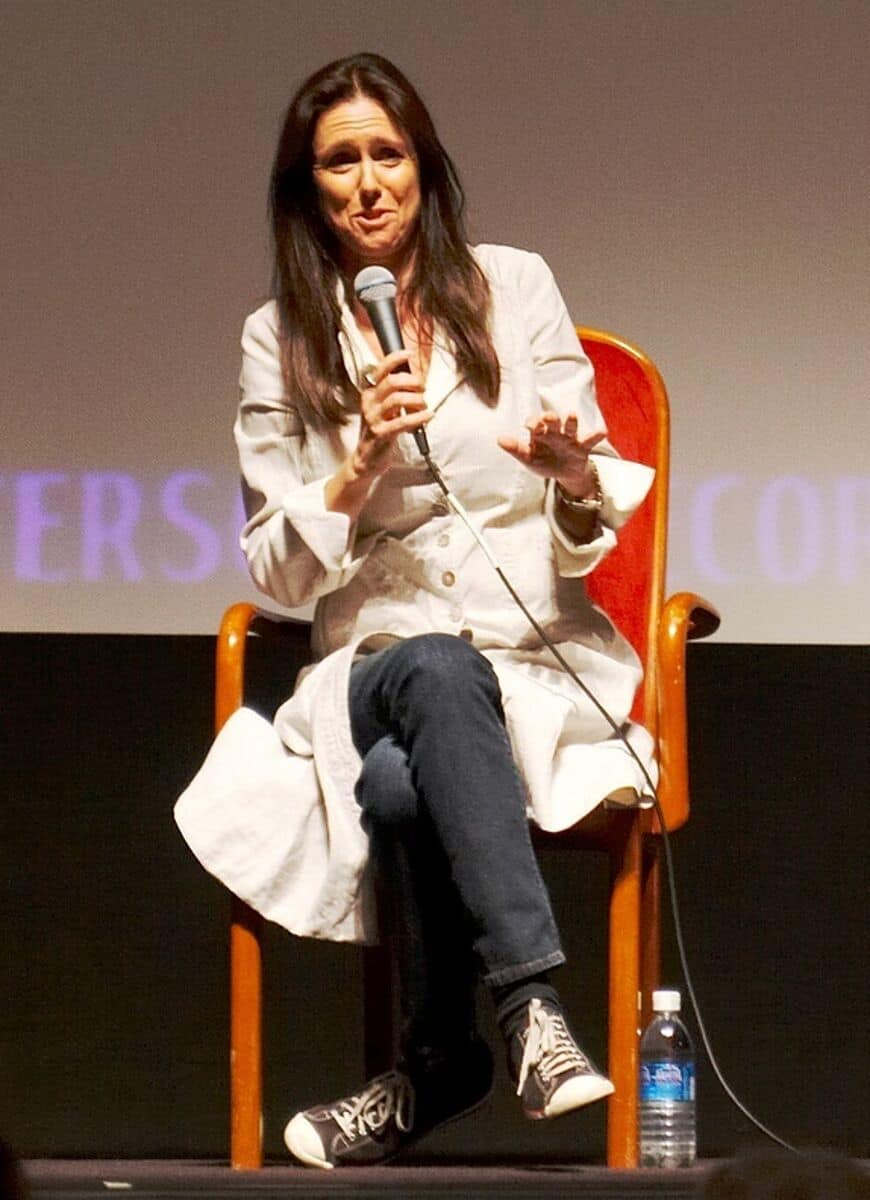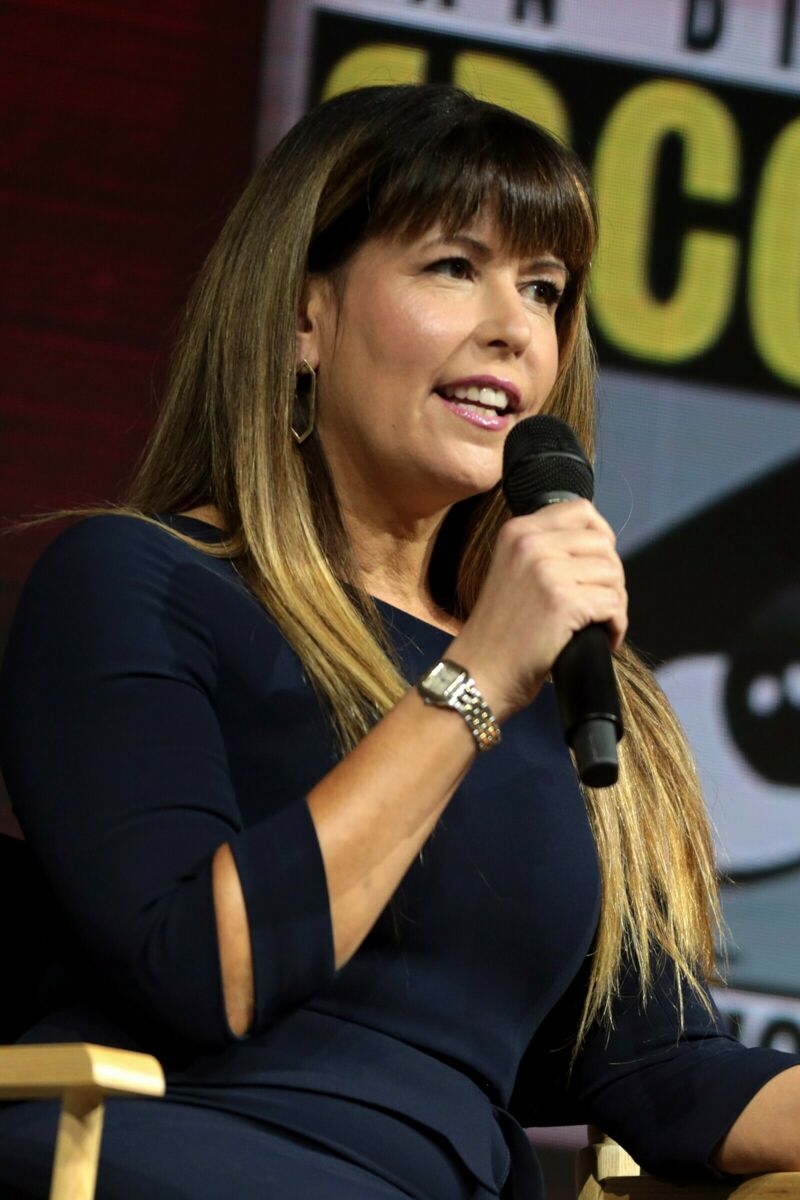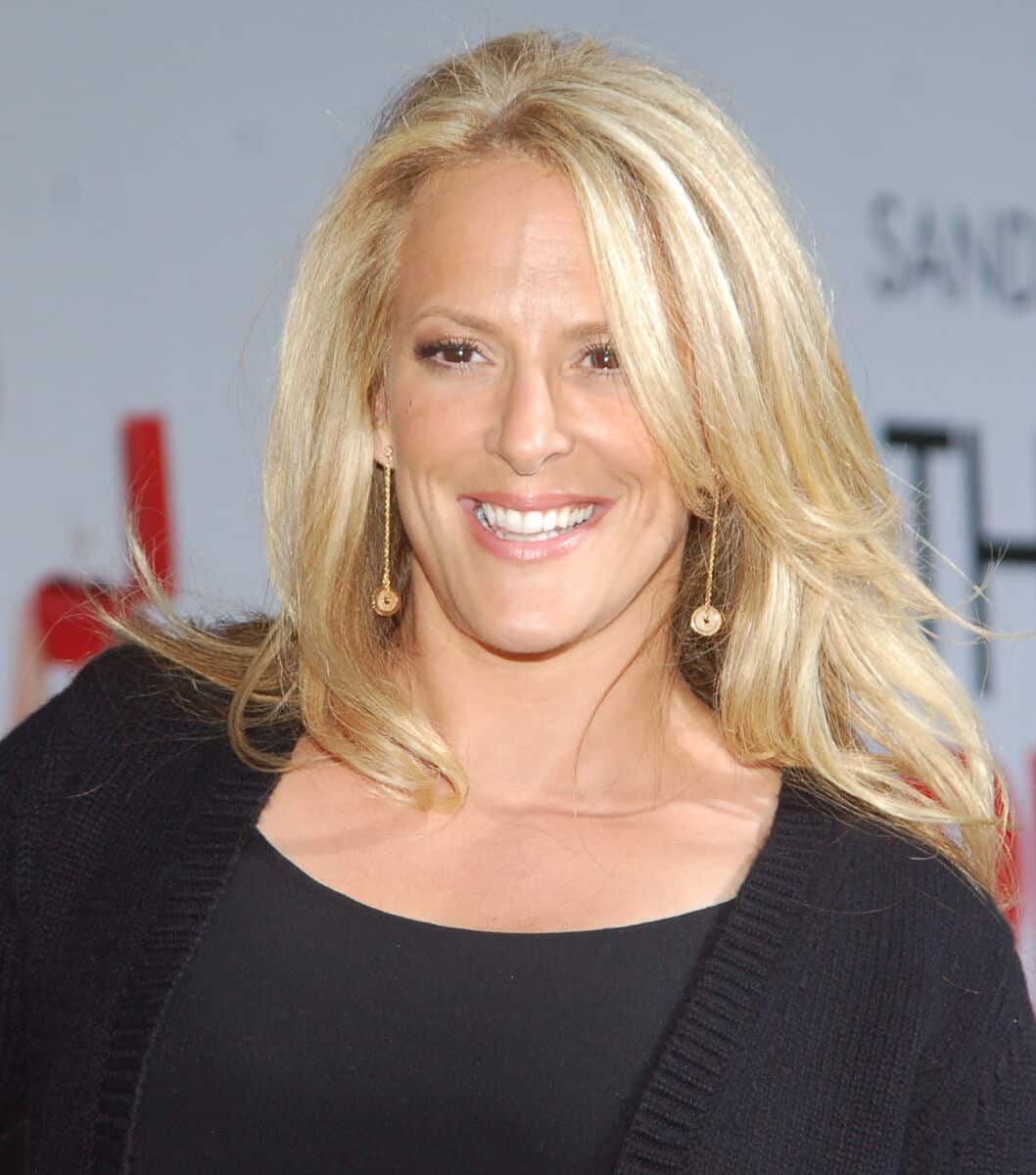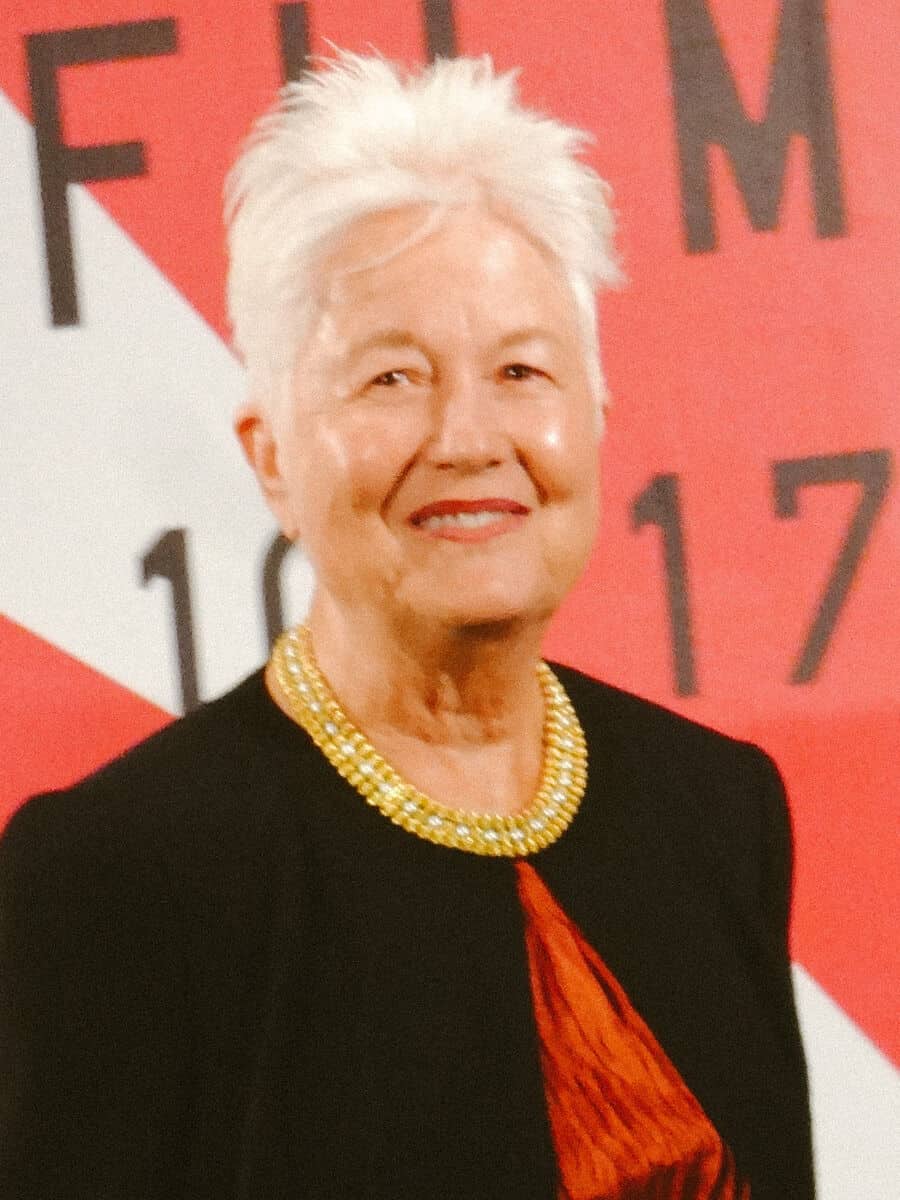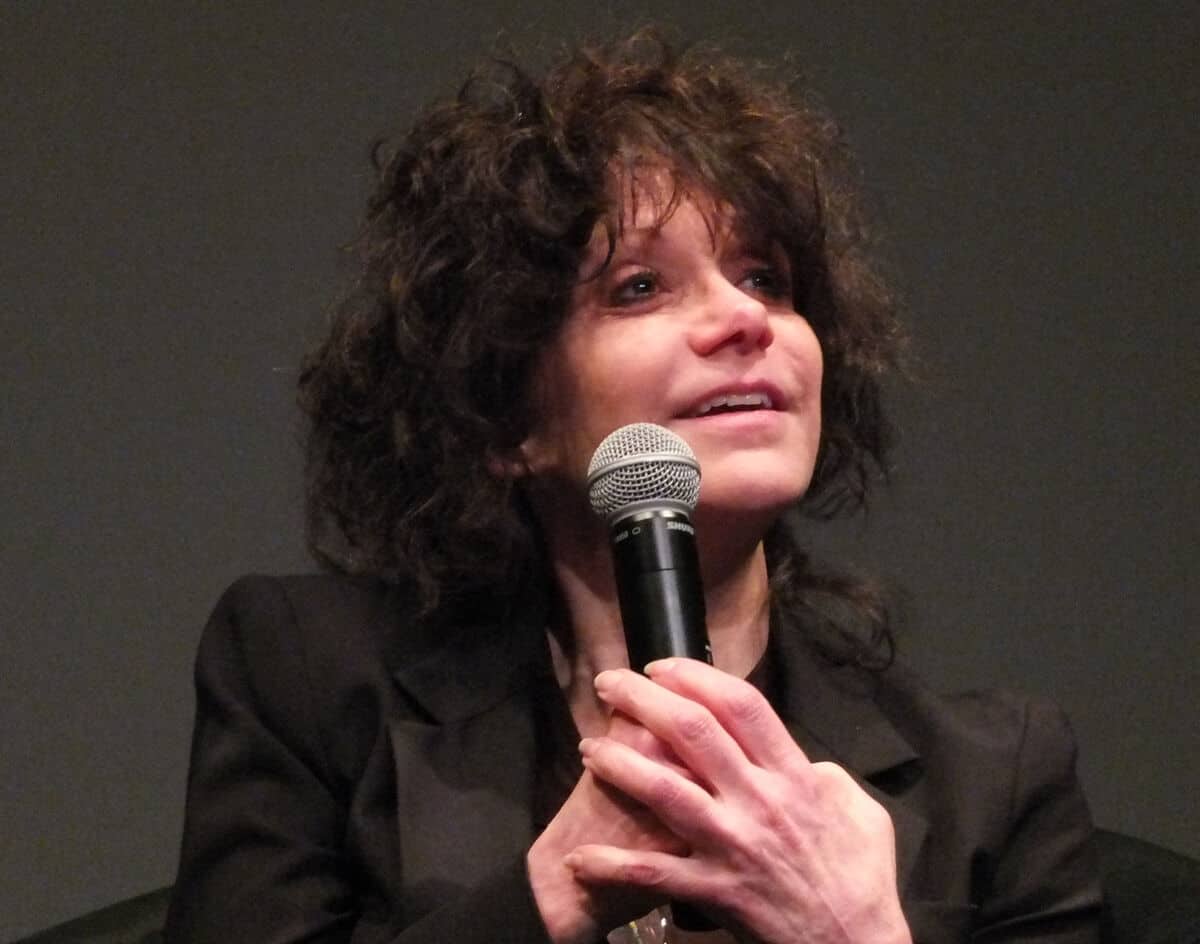Basic Information About Stanley Kubrick
| Category | Celebrities › Directors |
|---|---|
| Professions | Photographer, Film director, Screenwriter, Cinematographer, Film Producer, Film Editor, Voice Actor |
| Net worth | $20,000,000 |
| Date of birth | 1928-07-26 |
| Place of birth | Manhattan |
| Date of death | 1999-03-07 (aged 70) |
| Nationality | United States of America |
| Curiosities and Trademarks | [Narration] Nearly all of his films contain a narration at some point (2001: Een zwerftocht in de ruimte (1968)) contains narration in the screenplay, as does the screenplay for Eyes Wide Shut (1999), and The Shining (1980) has some sparse title cards. Adapted every film he made from a novel, excluding his first two films: Killer's Kiss (1955) and Fear and Desire (1953) (both from original source material), and 2001: Een zwerftocht in de ruimte (1968). His films often tell about the dark side of human nature, especially dehumanization. [Symmetry] Symmetric image composition. Often features shots down the length of tall, parallel walls, e.g. the head in Full Metal Jacket (1987), the maze and hotel coridors in The Shining (1980) and the computer room in 2001: Een zwerftocht in de ruimte (1968). [Three-way] Constructs three-way conflicts [Faces] Extreme close-ups of intensely emotional faces [CRM 114] He often uses the sequence CRM114 in serial numbers. CRM-114 is the name of the decoder in Dr. Strangelove or: How I Learned to Stop Worrying and Love the Bomb (1964), the Jupiter explorer's "licence plate number" in 2001: Een zwerftocht in de ruimte (1968) is CRM114, and in A Clockwork Orange (1971) Alex is given "Serum 114" when he undergoes the Ludovico treatment. [Bathroom] All of Kubrick's films feature a pivotal scene that takes place in a bathroom. Known for his exorbitant shooting ratio and endless takes, he reportedly exposed an incredible 1.3 million feet of film while shooting The Shining (1980), the release print of which runs for 142 minutes. Thus, he used less than 1% of the exposed film stock, making his shooting ratio an indulgent 102:1 when a ratio of 5 or 10:1 is considered the norm. [Beginning Voice-over] Het veld van eer (1957), Dr. Strangelove or: How I Learned to Stop Worrying and Love the Bomb (1964) and A Clockwork Orange (1971) all begin with a voice over, and The Killing (1956) features narration. Involves his wives in his movies. His first wife, Toba Etta Metz Kubrick, was the dialogue director for Stanley's first feature film Fear and Desire (1953). His second wife, Ruth Sobotka Kubrick, was in Killer's Kiss (1955) as a ballet dancer named Iris in a short sequence for which she also did the choreography. Kubrick's third, and final, wife, Christiane Harlan Kubrick, appeared (as Susanne Christian) in Het veld van eer (1957) before she married him as the only female character (a German singing girl) in the movie. She also did some of the now-infamous paintings for A Clockwork Orange (1971) and some more for Eyes Wide Shut (1999). In addition, her brother, Jan, was Stanley's assistant for A Clockwork Orange (1971) and the executive producer for all of Kubrick's films starting with Barry Lyndon (1975) and going through The Shining (1980), Full Metal Jacket (1987) and Eyes Wide Shut (1999). Also, his daughter, Vivian Kubrick, is the little girl who asks for a Bush Baby for her birthday in 2001: Een zwerftocht in de ruimte (1968). In his last seven films almost always used previously composed music (such as The Blue Danube andThus Spake Zarathustra in 2001: Een zwerftocht in de ruimte (1968)) Preferred to shoot his films in the Academy ratio (1.37:1). The exceptions were: Spartacus (1960), in Panavision, and 2001: Een zwerftocht in de ruimte (1968), in Cinerama. Much of his films consist of wide-angle shots that give the impression of a wide-screen movie, wide up-and-down as well as wide sideways. From The Killing (1956) onward, his films looked increasingly odder, bigger, and more properly viewed from the rows closer to the screen. One of his signature shots was "The Glare" - a character's emotional meltdown is depicted by a close-up shot of the actor with his head tilted slightly down, but with his eyes looking up - usually directly into the camera. Examples are the opening shot of Alex in A Clockwork Orange (1971), Jack slowly losing his mind in The Shining (1980), Pvt. Pyle going mad in Full Metal Jacket (1987) and Tom Cruise's paranoid thoughts inside the taxicab in Eyes Wide Shut (1999). Even HAL-9000 has "The Glare" in 2001: Een zwerftocht in de ruimte (1968). [First-person] Uses the first person viewpoint (the character's perspective) at least once in each film. Credits are always a slide show. He never used rolling credits except for the opening of The Shining (1980). Varies aspect ratios in a single film. Apparent in Dr. Strangelove or: How I Learned to Stop Worrying and Love the Bomb (1964) and A Clockwork Orange (1971). In almost every movie he made, there is a tracking shot of a character (the camera following the character). All of his films end with "The End", when this became out of style in later years because of the need to run end credits, he moved "The End" to the end of the credits. Often uses music to work against on-screen images to create a sense of irony. In A Clockwork Orange (1971), Alex sings "Singin' in the Rain" while raping Mrs. Alexander. In Dr. Strangelove or: How I Learned to Stop Worrying and Love the Bomb (1964), images of nuclear holocaust are accompanied by the song "We'll Meet Again". The final scene in Full Metal Jacket (1987) has the battle hardened Marines singing the theme to "The Mickey Mouse Club". [Dark humor] All of Kubrick's films, especially "Dr. Strangelove", have elements of black humor in them. Preferred mono sound over stereo. Only three of his movies - Spartacus (1960), 2001: Een zwerftocht in de ruimte (1968) and Eyes Wide Shut (1999) - were originally done in stereo sound. [Duality] Kubrick's last five films, minus The Shining (1980), are structurally split into two distinct halves, most likely to mimic the nature of duality in the characters of his films. For example, A Clockwork Orange (1971) shows Alex (Malcolm McDowell) as a sadistic rapist and murderer in the first half of the film and a mind-controlled guinea pig in the second half. In Eyes Wide Shut (1999), Bill (Tom Cruise) travels amidst sexual temptation in New York at night in the first half of the film and rude awakenings during the day in the second half. Almost all of his films involve a plan that goes horribly wrong Frequently uses strong primary colors in his cinematography and sharp contrast between black and white. Often features mellow, emotionally distant characters More often than not sports a long beard His films often tackle controversial social themes Very strong visual style with heavy emphasis on symbolism Slow-paced dialogue; often had actors pause several beats between line delivery. Also, rarely (if ever) did his dialogue overlap. Slow, methodical tracking shots Often cast Peter Sellers, Kirk Douglas, and Philip Stone Starting with Lolita (1962), each film has at least one scene in a bathroom. |
| Spouse | Christiane Kubrick - (14 April 1958 - 7 March 1999) (his death) (2 children) Ruth Sobotka - (15 January 1955 - 1957) (divorced) Toba Kubrick - (28 May 1948 - 1951) (divorced) |
| Gender | Male |
| Social Media | ↗︎ Wikipedia ↗︎ IMDb |
Famous Network of Celebrities with Similar Net Worth
What Movie Awards did Stanley Kubrick win?
 Oscar |
 Golden Globe |
 Golder Raspberry |
 BAFTA |
Other |
|---|---|---|---|---|
| 1 | 0 | 0 | 1 | 45 |
Stanley Kubrick awards
| Award Name | State | Movie / Series Name | Year |
|---|---|---|---|
| DGA Award - Outstanding Directorial Achievement in Motion Pictures | Nominee | Lolita | 1963 |
| Golden Lion - | Nominee | Lolita | 1962 |
| David - Best Foreign Producer (Migliore Produttore Straniero) | Nominee | The Shining | 1981 |
| Oscar - Best Effects, Special Visual Effects | Winner | 2001: A Space Odyssey | 1969 |
| David - Best Foreign Production (Migliore Produzione Straniera) | Winner | 2001: A Space Odyssey | 1969 |
| DGA Award - Outstanding Directorial Achievement in Motion Pictures | Nominee | 2001: A Space Odyssey | 1969 |
| Hugo - Best Dramatic Presentation | Winner | 2001: A Space Odyssey | 1969 |
| Jules Verne Légendaire Award - | Winner | 2001: A Space Odyssey | 2008 |
| Golden Prize - Best Feature Film | Nominee | 2001: A Space Odyssey | 1969 |
| Oscar - Best Picture | Nominee | Dr. Strangelove or: How I Learned to Stop Worrying and Love the Bomb | 1965 |
| Bodil - Best European Film (Bedste europæiske film) | Winner | Dr. Strangelove or: How I Learned to Stop Worrying and Love the Bomb | 1964 |
| DGA Award - Outstanding Directorial Achievement in Motion Pictures | Nominee | Dr. Strangelove or: How I Learned to Stop Worrying and Love the Bomb | 1965 |
| Hugo - Best Dramatic Presentation | Winner | Dr. Strangelove or: How I Learned to Stop Worrying and Love the Bomb | 1965 |
| Silver Ribbon - Best Foreign Director (Regista del Miglior Film Straniero) | Winner | Dr. Strangelove or: How I Learned to Stop Worrying and Love the Bomb | 1965 |
| NYFCC Award - Best Director | Winner | Dr. Strangelove or: How I Learned to Stop Worrying and Love the Bomb | 1964 |
| WGA Award (Screen) - Best Written American Comedy | Winner | Dr. Strangelove or: How I Learned to Stop Worrying and Love the Bomb | 1965 |
| Oscar - Best Writing, Screenplay Based on Material from Another Medium | Nominee | Full Metal Jacket | 1988 |
| Top 10 Film Award - Best Film | Nominee | Full Metal Jacket | 1987 |
| David - Best Foreign Producer (Migliore Produttore Straniero) | Winner | Full Metal Jacket | 1988 |
| Golden Train Award - Best Film | Nominee | Full Metal Jacket | 1987 |
| Kinema Junpo Award - Best Foreign Language Film Director | Winner | Full Metal Jacket | 1989 |
| ALFS Award - Director of the Year | Winner | Full Metal Jacket | 1988 |
| WGA Award (Screen) - Best Screenplay Based on Material from Another Medium | Nominee | Full Metal Jacket | 1988 |
| Honorable Mention - Best Foreign Film | Winner | Eyes Wide Shut | 1999 |
| Bodil - Best American Film (Bedste amerikanske film) | Nominee | Eyes Wide Shut | 2000 |
| Best Film of the 1990s - Best Film | Nominee | Eyes Wide Shut | 2000 |
| Top 10 Film Award - Best Film | Winner | Eyes Wide Shut | 1999 |
| CFCA Award - Best Director | Nominee | Eyes Wide Shut | 2000 |
| Cinema Brazil Grand Prize - Best Foreign Film (Melhor Filme Estrangeiro) | Nominee | Eyes Wide Shut | 2000 |
| César - Best Foreign Film (Meilleur film étranger) | Nominee | Eyes Wide Shut | 2000 |
| Critics Award - Best Foreign Film | Winner | Eyes Wide Shut | 2000 |
| Guinness World Record - Longest Constant Movie Shoot | Winner | Eyes Wide Shut | 1999 |
| Filmcritica "Bastone Bianco" Award - | Winner | Eyes Wide Shut | 1999 |
| César - Best Foreign Film (Meilleur film étranger) | Nominee | Barry Lyndon | 1977 |
| European David - | Winner | Barry Lyndon | 1977 |
| DGA Award - Outstanding Directorial Achievement in Motion Pictures | Nominee | Barry Lyndon | 1976 |
| Audience Award - Best Film | Winner | Barry Lyndon | 1975 |
| Guild Film Award - Gold - Foreign Film (Ausländischer Film) | Winner | Barry Lyndon | 1978 |
| Sant Jordi - Best Foreign Film (Mejor Película Extranjera) | Winner | Barry Lyndon | 1977 |
| WGA Award (Screen) - Best Drama Adapted from Another Medium | Nominee | Barry Lyndon | 1976 |
| Oscar - Best Picture | Nominee | A Clockwork Orange | 1972 |
| DGA Award - Outstanding Directorial Achievement in Motion Pictures | Nominee | A Clockwork Orange | 1972 |
| Hugo - Best Dramatic Presentation | Winner | A Clockwork Orange | 1972 |
| Silver Ribbon - Best Foreign Director (Regista del Miglior Film Straniero) | Winner | A Clockwork Orange | 1973 |
| Pasinetti Award - Best Foreign Film | Winner | A Clockwork Orange | 1972 |
| WGA Award (Screen) - Best Drama Adapted from Another Medium | Nominee | A Clockwork Orange | 1972 |
| BAFTA Film Award - Best Film from any Source | Nominee | Spartacus | 1961 |
Stanley Kubrick roles
| Movie / Series | Role |
|---|---|
| Lolita | Director |
| Lolita | Writer |
| Lolita | Man in Mansion Interior (uncredited) |
| The Shining | Director |
| The Shining | Writer |
| 2001: A Space Odyssey | Director |
| 2001: A Space Odyssey | Writer |
| Dr. Strangelove or: How I Learned to Stop Worrying and Love the Bomb | Director |
| Dr. Strangelove or: How I Learned to Stop Worrying and Love the Bomb | Writer |
| Full Metal Jacket | Director |
| Full Metal Jacket | Writer |
| Full Metal Jacket | Murphy (voice) (uncredited) |
| Eyes Wide Shut | Director |
| Eyes Wide Shut | Writer |
| Barry Lyndon | Director |
| Barry Lyndon | Writer |
| A Clockwork Orange | Director |
| A Clockwork Orange | Writer |
| Spartacus | Director |
Stanley Kubrick's Movie/Shows Salary
| Movie / Series | Salary |
|---|---|
| Eyes Wide Shut (1999) | $10,000,000 |
Stanley Kubrick's Quotes
- I never learned anything at all in school and didn't read a book for pleasure until I was 19 years old.
- A film is--or should be--more like music than like fiction. It should be a progression of moods and feelings. The theme, what's behind the emotion, the meaning, all that comes later.
- I would not think of quarreling with your interpretation nor offering any other, as I have found it always the best policy to allow the film to speak for itself.
- Anyone who has ever been privileged to direct a film also knows that, although it can be like trying to write "War and Peace" in a bumper car in an amusement park, when you finally get it right, there are not many joys in life that can equal the feeling.
- Art consists of reshaping life but it does not create life, nor cause life.
Interesting Facts about Stanley Kubrick
- Father-in-law of Philip Hobbs, stepfather of Katharina Kubrick, & brother-in-law of Jan Harlan.
- He wanted to make a film based on Umberto Eco's novel "Foucault's Pendulum" which appeared in 1988. Unfortunately, Eco refused, as he was dissatisfied with the filming of his earlier novel The Name of the Rose (1986) and also because Kubrick wasn't willing to let him write the screenplay himself.
- Planned to direct a film called "I Stole 16 Million Dollars" based on notorious 1930s bank robber Willie Sutton. It was to be made by Kirk Douglas' Bryna production company, but Douglas thought the script was poorly written. Kubrick tried to get Cary Grant interested, which must have proved to be a failure as well, since the film was never made.
- Rarely gave interviews. He did, however, appear in a documentary made by his daughter Vivian Kubrick shot during the making of The Shining (1980). According to Vivian, he was planning on doing a few formal TV interviews once Eyes Wide Shut (1999) was released, but died before he could.
- He had a well-known fear of flying, but he had to fly quite often early in his career. Because of his hysteria on planes, he simply tried to lessen the amount of times he flew. According to Malcolm McDowell, Kubrick listened to air traffic controllers at Heathrow Airport for long stretches of time, and he advised McDowell never to fly.
- Refused to talk about his movies on set as he was directing them and never watched them when they were completed.
- One of the founders of the Directors Guild of Great Britain.
- The controversy around A Clockwork Orange (1971)'s UK release was so strong that Kubrick was flooded with angry letters and protesters were showing up at his home, demanding that the film never be shown in England again. He personally petitioned the studio to pull it from theaters, despite his legal inability to control a film after production. The studio, out of respect for Kubrick, eventually decided to pull the film out of theaters prematurely.
- His next project after Eyes Wide Shut (1999) was to be A.I. Artificial Intelligence (2001), which was taken over by Steven Spielberg. It is dedicated to Kubrick's memory.
- His dislike of his early film Fear and Desire (1953) is well known. He went out of his way to buy all the prints of it so no one else could see it.
- In addition to The Seafarers (1953) (shot for the Seafarers International Union), he may have directed another commissioned project in the early fifties, "World Assembly of Youth," for the United Nations, documenting a UN-sponsored gathering in New York City of young people from throughout the world. No copy of the film has been found and it has never been conclusively proven that it even existed in the first place (as with "The Seafarers," Kubrick never publicly acknowledged it).
- The only author that Kubrick worked with personally was Arthur C. Clarke for 2001: Een zwerftocht in de ruimte (1968).
- Loved the work of Franz Kafka, H.P. Lovecraft, Carlos Saura, Max Ophüls, Woody Allen and Edgar Reitz (esp. Heimat - Eine Chronik in elf Teilen (1984)), among many others.
- Was voted the 23rd Greatest Director of all time by Entertainment Weekly. He was the least prolific director on this list, having made only 16 films over the course of a 48 year career.
- Kubrick's favorite pastime was chess and he was said to be a master at it. Many crew members and actors found themselves on the losing end of chess matches with him.
- People would come to his door looking for him, and as few people knew what he looked like, he would tell them that "Stanley Kubrick wasn't home."
- Had an extensive and rich friendship with Malcolm McDowell during the filming of A Clockwork Orange (1971). After filming ended, Kubrick never contacted him again.
- Often read about psychology, and knew how to manipulate his cast quite well. A fine example of this is with Shelley Duvall in The Shining (1980).
- He reportedly briefly considered leaving England for either Vancouver, Canada or Sydney, Australia.
- He was so reclusive that the press would make up wild stories about him. One such story was that he shot a fan on his property, and then shot him again for bleeding on the grass.
References & Fact Checks ✅
- 1/ Filename: stanley-kubrick-1944-45-senior-portrait-3Nn7yfJ0.jpg
-
- Checked: ✅ Yes (2023-07-02 00:54:55)
- Source URL: https://en.wikipedia.org/wiki/File:Stanley_Kubrick_(1944%E2%80%9345_senior_portrait).jpg
- Original Source: English: Source information:
- Original source: William Howard Taft High School senior yearbook, published January 1945.
- Instant source: Scan via a reproduction of the photo in Stanley Kubrick: A Life in Pictures (2002), ISBN 0-8212-2815-3, p. 31 (via the Internet Archive).
- Author: English: Photographer unknown; work-for-hire on behalf of the school.
- Date taken: January 1945
- 2/ Filename: stanley-kubrick-1949-portrait-by-phillip-harrington-cropped-R41lQzxB.jpg
-
- Checked: ✅ Yes (2023-07-02 00:54:56)
- Source URL: https://en.wikipedia.org/wiki/File:Stanley_Kubrick_(1949_portrait_by_Phillip_Harrington_-_cropped).jpg
- Original Source: English: Look Magazine Collection, Library of Congress, Prints & Photographs Division, Reproduction number LC-DIG-ds-01160
- This high-resolution copy is sourced courtesy of Iltalehti. Cropped from original.
- Author: Phillip A. Harrington, an American photographer and staffer for Look magazine between 1949–1971
- Date taken: 1949
- 3/ Filename: chicago-city-of-contrasts-1949-photograph-by-stanley-kubrick-46dOB91v.jpg
-
- Checked: ✅ Yes (2023-07-02 00:54:57)
- Source URL: https://en.wikipedia.org/wiki/File:Chicago%E2%80%94City_of_Contrasts_(1949_photograph_by_Stanley_Kubrick).jpg
- Original Source:
Look Magazine Photograph Collection, Library of Congress, Prints & Photographs Division, Reproduction number LC-L9-49-O46-A, no. 15 - Author:
Stanley Kubrick (1928–1999) 


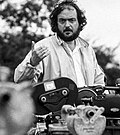
Description American film director, cinematographer, photographer, film producer, screenwriter and film editor Date of birth/death 26 July 1928 
7 March 1999 
Location of birth/death New York City, United States St Albans, United Kingdom Work period 1946–1999 Work location United States, United KingdomAuthority file - Date taken: 27 January 1949
- 4/ Filename: kubrick-on-the-set-of-paths-of-glory-1957-publicity-photo-5B01I169.jpg
-
- Checked: ✅ Yes (2023-07-02 00:54:58)
- Source URL: https://en.wikipedia.org/wiki/File:Kubrick_on_the_set_of_Paths_of_Glory_(1957_publicity_photo).jpg
- Original Source: English: Scan via Heritage Auctions. Cropped from the original. Cropped from the original and retouched by uploader; see upload history below for original unretouched version.
This is a retouched picture, which means that it has been digitally altered from its original version. Modifications made by Blz 2049. - Author: English: "© 1957, United Artists Corporation"
- Date taken: 1957
- 5/ Filename: kubrick-curtis-on-the-set-of-spartacus-1960-publicity-photo-2hx7O6S7.jpg
-
- Checked: ✅ Yes (2023-07-02 00:54:59)
- Source URL: https://en.wikipedia.org/wiki/File:Kubrick_%26_Curtis_on_the_set_of_Spartacus_(1960_publicity_photo).jpg
- Original Source: English: Scan via Heritage Auctions. Cropped from the original and retouched by uploader; see upload history below for original unretouched version.
This is a retouched picture, which means that it has been digitally altered from its original version. Modifications made by Blz 2049. - Author: English: "© 1960 Universal Pictures Company, Inc."
- Date taken: 1960
- 6/ Filename: sue-lyon-portrait-by-kubrick-for-lolita-l-66-axi5X13I.jpg
-
- Checked: ✅ Yes (2023-07-02 00:55:00)
- Source URL: https://en.wikipedia.org/wiki/File:Sue_Lyon_(Portrait_by_Kubrick_for_Lolita_-_L-66).jpg
- Original Source: English: Scan via iCollector. Cropped and retouched from original image; see upload history below for unretouched original.
This is a retouched picture, which means that it has been digitally altered from its original version. Modifications made by Blz 2049. - Author: English: Stanley Kubrick, who is attributed as the photographer at page 18 of the Lolita promotional pressbook.
Stanley Kubrick (1928–1999) 



Description American film director, cinematographer, photographer, film producer, screenwriter and film editor Date of birth/death 26 July 1928 
7 March 1999 
Location of birth/death New York City, United States St Albans, United Kingdom Work period 1946–1999 Work location United States, United KingdomAuthority file - Date taken: English: The photo was taken circa 1960–61, when Lolita was in production, and was published in 1962 ahead of the film's theatrical release.
- 7/ Filename: sue-lyon-portrait-by-kubrick-for-lolita-alt-56t7LJ01.jpg
-
- Checked: ✅ Yes (2023-07-02 00:55:01)
- Source URL: https://en.wikipedia.org/wiki/File:Sue_Lyon_(Portrait_by_Kubrick_for_Lolita_-_alt).jpg
- Original Source: English: Scan via AbeBooks. Cropped and retouched from original image; see upload history below for unretouched original.
This is a retouched picture, which means that it has been digitally altered from its original version. Modifications made by Blz 2049. - Author: English: Stanley Kubrick, according to Heritage Auctions. The Lolita promotional pressbook also attributes Kubrick as the photographer of an alternate take; see "other versions" below.
Stanley Kubrick (1928–1999) 



Description American film director, cinematographer, photographer, film producer, screenwriter and film editor Date of birth/death 26 July 1928 
7 March 1999 
Location of birth/death New York City, United States St Albans, United Kingdom Work period 1946–1999 Work location United States, United KingdomAuthority file - Date taken: English: The photo was taken circa 1960–61, when Lolita was in production, and was published in 1962 ahead of the film's theatrical release.
- 8/ Filename: kubrick-on-the-set-of-dr-strangelove-1963-publicity-photo-slk-124-32-lYv0hU82.jpg
-
- Checked: ✅ Yes (2023-07-02 00:55:02)
- Source URL: https://en.wikipedia.org/wiki/File:Kubrick_on_the_set_of_Dr._Strangelove_(1963_publicity_photo,_SLK.124.32).jpg
- Original Source: English: Scan via iCollector. Cropped from the original and retouched by uploader; see upload history below for original unretouched version.
This is a retouched picture, which means that it has been digitally altered from its original version. Modifications made by Blz 2049. - Author: English: "Copyright © 1963, Columbia Pictures"
- Date taken: 1963
- 9/ Filename: hermanrockingmachinebyfiona-z52k3w16.jpg
-
- Checked: ✅ Yes (2023-07-02 00:55:03)
- Source URL: https://en.wikipedia.org/wiki/File:HermanRockingMachinebyFiona.jpg
- Original Source:
Donated for upload by author - Author: Fiona Makkink
- Licence: Creative Commons Attribution-Share Alike 3.0 Unported license.
- Date taken: 25 November 2011, 18:47:46
- 10/ Filename: william-hogarth-035-bS5F83e2.jpg
-
- Checked: ✅ Yes (2023-07-02 00:55:04)
- Source URL: https://en.wikipedia.org/wiki/File:William_Hogarth_035.jpg
- Original Source:
The Yorck Project (2002) 10.000 Meisterwerke der Malerei (DVD-ROM), distributed by DIRECTMEDIA Publishing GmbH. ISBN: 3936122202. - Author:
William Hogarth (1697–1764) 



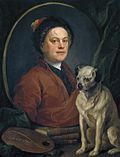
Description English-British painter and engraver Date of birth/death 10 November 1697 
25 October 1764 Location of birth/death London London Work location Authority file - Date taken: circa 1745 date QS:P571,+1745-00-00T00:00:00Z/9,P1480,Q5727902
- 11/ Filename: ahwahnee-hotel-great-lounge-sOLUD6po.jpg
-
- Checked: ✅ Yes (2023-07-02 00:55:05)
- Source URL: https://en.wikipedia.org/wiki/File:Ahwahnee_Hotel_-_Great_Lounge.jpg
- Original Source:
https://www.flickr.com/photos/dberry/6342068483/ - Author: David Berry
- Licence: Creative Commons Attribution 2.0 Generic license.
- Date taken: 6 September 2010, 08:08:07


